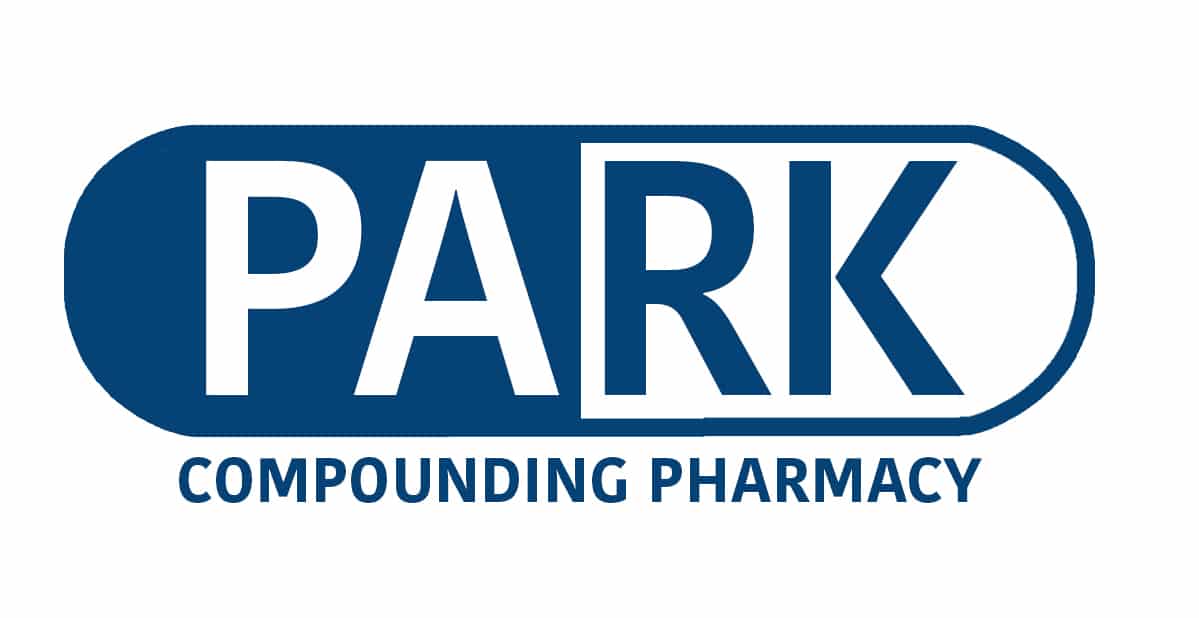Drs. Jonathan Liang and Andrew Lane state in their article on topical drug delivery for chronic rhinosinusitis:
“While the introduction of endoscopic sinus surgery revolutionized surgical management and has led to significantly improved patient outcomes, medical therapy remains the foundation of long-term care of chronic rhinosinusitis, particularly in surgically recalcitrant cases. … The goal of topical therapy is to address the inflammation, infection, and mucociliary dysfunction that underlies the disease.”
Rhinosinusitis is a common condition with multiple factors that affects about 1 in 8 adults in the United States. It is one of the most common complaints reported to family medicine practitioners. For many years the condition was called “sinusitis” but the term was expanded because in most patients the entirety of the nasal passages and sinuses are affected. Rhinosinusitis involves inflammation of the nasal passage and is often associated with an infection.
Symptoms of this condition can include
- Congestion
- Difficulty breathing
- Facial pain
- Headaches
- Sleep issues
- Loss of smell
- Nasal discharge
Medications Used for Treating Rhinosinusitis
Medications used for treating rhinosinusitis may include analgesic, antibiotics, antifungals, steroids, and more. Oral antibiotics like amoxicillin are frequently prescribed as a first-line treatment. One significant benefit of a topically administered medication is that it has fewer systemic effects than an orally administered medication. Patients who are already taking medications for other conditions may experience side effects from drug-drug interactions by taking additional oral medications.
While topical treatment with antibiotics is widely accepted, the use of antifungals for treating rhinosinusitis is still debated. Many healthcare practitioners prescribe topical antifungals but this treatment does not yet have extensive evidence supporting it. However, like with many treatments, doctors prescribe based on their own experience of what benefits their patients not just based on the support of national organizations.
Topical Sinus Therapy with a Saline Rinse
Rinsing your sinuses with a saline rinse has been shown to be an effective way to clear the sinuses and get sinus relief. The best way to do this is with a nasal spray or a nasal atomizer like the Rhino Clear Sprint, which sends a continuous spray of solution into the nasal passages. Patients seeking sinus relief may find that using a saline solution is effective but others may need to use a solution that includes a medication made by a compounding pharmacy.
Sinus problems are not always from an infection or allergies. Sometimes the cause of rhinosinusitis is not immediately detectable. Nasal lavage with a saline rinse can be effective for individuals who experience recurrent sinus problems but have no signs of infection. An atomized nasal rinse with the Rhino Clear Sprint can be used daily to reduce sinus discomfort. (The RhinoClear Sprint can be purchased here.) A nasal saline rinse can benefit nasal symptoms that are minor to helping manage chronic rhinosinusitis.
Topical Sinus Therapy and Biotoxin Illness
One of the most recent advances in topical sinus therapy has come from doctors prescribing medications of mold-related illnesses. Patients exposed to environments with mold often report rhinosinusitis along with a variety of other symptoms. Topical treatment of the infection is an essential part of most treatment protocols for mold-related illness.
The Shoemaker protocol, which is the most popular protocol for mold illness, calls for the use of BEG nasal spray, which is a combination of bactroban, EDTA, and gentamicin in one nasal spray. EDTA is always included to eliminate the biofilm that harbors the bacteria. If the biofilm is not eliminated first, the other active ingredients will not be able to attack the bacteria.
Chronic Rhinosinusitis
Chronic rhinosinusitis may affect up to 12.5% of the population and refers to symptoms that last for more than 12 weeks. The chronic form of rhinosinusitis has been associated with air pollution, cigarette smoking (including secondhand), and allergies. There have also been direct associations found with levels of carbon monoxide, nitrous dioxide, sulfur dioxide, and particulate matter. Patients with allergies are much more likely to experience chronic rhinosinusitis than the general population. There is significant evidence that topical treatment with antibiotics can help patients with this condition, especially those that have already had sinus surgery.
Topical Sinus Therapy and Compounding
Many of the medications used for topical sinus therapy are not commercially available in nasal sprays. The majority of nasal sprays and atomized solutions are specially prepared by a compounding pharmacy. Our compounding pharmacy specializes in providing a wide range of medications for topical treatment of rhinosinusitis. Healthcare professionals trust our pharmacy to provide the highest quality topical nasal therapies to get their patients relief from painful sinus symptoms.
Research
- Topical Drug Delivery for Chronic Rhinosinusitis – Current Otorhinolaryngology Reports
- Clinical Practice Guideline: Adult Sinusitis – American Academy of Otolaryngology
- Chronic rhinosinusitis: Epidemiology and medical management – Journal of Allergy & Clinical Immunology

One Response